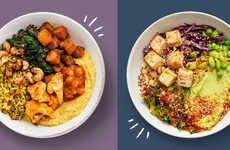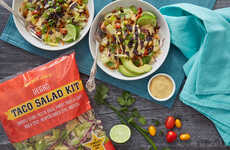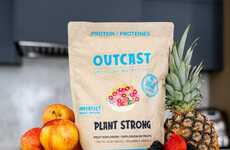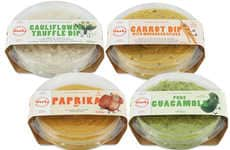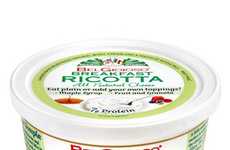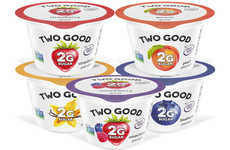



Popular chefs create and collaborate with brands to prioritize waste-reduction
Trend - Celebrity and well-known chefs are becoming more eco-friendly with products and initiatives that aim to reduce food waste. With food waste contributing significantly to harmful greenhouse gas emissions, its reduction is becoming more of a priority among consumers and businesses alike.
Insight - As consumers gain a greater understanding of the current and impending consequences of climate change, more are looking at their own lifestyles and seeing where they can adjust to reduce their personal impact on the environment. Brands that cater to this growing sect of consumers will become increasingly popular over time.
Insight - As consumers gain a greater understanding of the current and impending consequences of climate change, more are looking at their own lifestyles and seeing where they can adjust to reduce their personal impact on the environment. Brands that cater to this growing sect of consumers will become increasingly popular over time.
Workshop Question - How is your brand targeting the eco-conscious consumer?
Trend Themes
1. Reducing Food Waste - More chefs and brands are prioritizing reducing food waste, creating new eco-friendly initiatives and products.
2. Sustainable Food Production - Food scarcity and environmental concerns are driving consumers to look for sustainable food production methods and products.
3. Circular Economy - Circular economy initiatives, such as composting, recycling and using food scraps to create new products, are gaining more attention and becoming more important for businesses and consumers.
Industry Implications
1. Food and Beverage - Creating new sustainable and waste-reducing initiatives, products and methods will become increasingly important for the food and beverage industry to cater to eco-conscious consumers.
2. Hospitality and Tourism - Hotels, restaurants and tourism-related businesses can benefit from implementing circular economy initiatives and reducing food waste to appeal to tourists who prioritize sustainability and eco-friendliness.
3. Retail - Retailers can differentiate themselves by introducing eco-friendly product lines, such as food made from rescued produce, recycled packaging and compostable or biodegradable materials.



